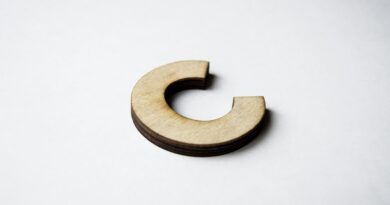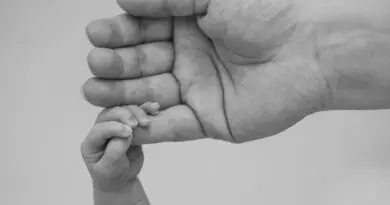Every case is a sensitive one
“Drugs, Debts, Dykes, and Delicates”— a warning of sorts, told to prison newcomers about what they should avoid.
These elements are, in fact, common to the way of life inside of a women’s prison.
I began learning this lesson 20 years ago, when I arrived on a life sentence. I came into prison like a wrecking ball of judgments and preconceived notions. I regretfully admit that I antagonized other women for their cases and lifestyles. I chose the code of the streets, mimicking the stories I heard growing up.
The formerly incarcerated men I hung around told tales about enforced order and regimen, dropouts and alleged “hits.” The stories captivated me. What surprised me more was the detest these men acquiesced to after participating in the worst behavior— for their own security, safety and status.

A women’s prison, I quickly came to realize, did not follow the same politics as the men’s. Women here are not racially segregated. In fact, people of the same race fight one another over status and girlfriend drama. We are not limited or controlled by a “head honcho.” However, there are groups of women led by criminal and addictive thinking, who terrorize the prison community for so-called disrespect and debts.
And in recent years, with easier access to information through technology, there has been a drastic increase of women who dehumanize their peers by weaponizing their cases. This is, I believe, the only political configuration in the women’s prison.
The sad truth is that individuals who degrade another human usually do not want to admit the monstrous truth of their own lives.
I question the integrity of growth and the power of rehabilitation when it comes to these circumstances. Talking with others who have done extensive self-growth, like me, I have come to a crossroads.
I once was the abuser of humans, wearing a cape as a facade; I want to now wear the cape of truth and awareness. Through my vulnerability, I hope that others will share their voice and give a little sanctuary to those not yet ready to stand. Allow me to bridge the way and share a little compassion in the world of prison politics.
At the age of 14, a cousin and I molested each other. When I was 16, I sold drugs to mothers who abused their children, and in their addicted state, I kidnapped their kids and called them unfit. At school, I sold drugs to other kids. I kicked in doors at mothers’ houses and physically beat up mothers while children slept in the next room. I attempted to kidnap my nephew at six months old, endangering him. I fought a pregnant woman because she owed me money. I victimized Mr. Ronald Hayward, a veteran with dementia, taking his personal property by force and fear. Melinda, Lonny, Larry, Stephanie, all direct victims to my assaults, robberies and terror. Each one of these people was an adult, yet still a child or baby to their mother.
Although my charge is burglary, am I not a sensitive case?
Take a moment to reflect on the events in my life. Does your opinion of me change knowing my background? By no means am I saying that things that have happened are acceptable. What I am saying is that people matter and rehabilitation matters. We must allow people to process the “why” in their own life.
Anyone who endangers, humiliates, hurts, or invalidates another human is by this characterization a sensitive case. Who are we to demean people according to paperwork? The way to true freedom from skeletons and demons is to know what you have done, and allow others to do the same. In doing so we might change the culture and bullying that encompasses the women’s institution. This is the true politics; making the world a better place.



